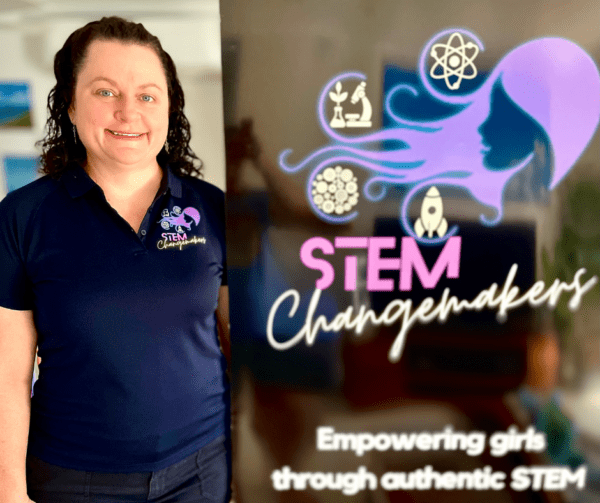North Queensland is no stranger to the hardships brought about by drought conditions. But in the face of such challenges, the Tropical North Queensland Drought Resilience Adoption and Innovation Hub (TNQ Drought Hub) is spearheading efforts to reshape how agribusiness approaches sustainability and drought resilience through new innovation and education.
Supported by the Federal Government’s Future Drought Fund, TNQ Drought Hub is part of a network of eight hubs nationwide with a shared mission to equip farmers and producers with proven solutions to operational challenges in a bid to increase drought-readiness.
“Drought has a significant impact on the wellbeing of people and communities across Tropical North Queensland,” explains TNQ Drought Hub Director, Dr David Phelps.
“Farmers and producers in North Queensland experience different challenges compared to their southern counterparts, so at TNQ Drought Hub, we are investing in research and technology to make their businesses more sustainable and resilient to future droughts.”
Most recently, in collaboration with James Cook University (JCU), the Hub has been working with innovative technology and professionals to establish a Problem Statement Portal to capture and map the issues that affect farming and agricultural industries directly from the producers.
“Our Problem Statement Portal is vital in identifying and capturing current issues facing the industry and ensuring we can link real-world problems with innovative technological solutions,” says David.
“Our hope is that by understanding the core issues affecting farmers and producers, this information can be used by researchers within JCU as well as entrepreneurs and innovators to solve these problems.”
Starting with the problem in mind has already proven to be effective. In March, the TNQ Drought Hub team worked with Agscent, a bio agritech company in New South Wales, to trial a new method of breath-testing pregnant cattle at JCU’s Fletcherview Research Station in Charters Towers.
“We wanted to test their technology in northern Australia to ensure the devices are ready for use in the northern beef herd and are able to withstand our tropical conditions,” explains David.
“Current cattle pregnancy detection methods can be expensive and reliant on veterinarian availability. This restricts the ability to pinpoint which breeders should be sold during critical times, such as droughts, or to enhance productivity for financial resilience as a buffer.
“Therefore, a more affordable, effective alternative, such as this, can help cattle producers make key decisions earlier, which is a game-changer, particularly in the event of a drought.”
In line with such innovation, TNQ Drought Hub have also helped deliver several subsidised accelerator courses for local innovators, and through their Drought Resilience Grants Scheme, have funded a range of projects aimed at strengthening agribusiness in the region.
An integral focus of the Hub’s ongoing efforts revolves around developing frameworks that assist local producers and farmers in adopting the Environmental, Social and Governance (ESG) model within their operations. The Hub is at the forefront of national research and development in this field, which aims to enhance sustainability and economic viability within the Australian agricultural industry.
“ESG considerations are pivotal for the agricultural industry as they provide a holistic framework for responsible, sustainable and ethical practices, while also setting producers and farmers up for economic success in an evolving and competitive market landscape where sustainability is a core focus,” adds David.
“We’re thrilled to have world-class professionals, who have done similar work in other areas of the globe, working on such ground-breaking developments here in North Queensland, which is unparalleled anywhere else in the country.
“At the end of the day, it is crucial to remember that the impact of drought extends far beyond farmers and producers. It causes a chain reaction; it impacts the local economy, and everyone feels its effects.
“We’re striving to mitigate these impacts and build a more sustainable and economically resilient community for everyone.”
Main image: Dr David Phelps, TNQ Drought Hub Director and Charlotte Wood, Agscent Technical Field Officer at James Cook University’s Fletcherview Station.
Image credit: Scott Radford-Chisolm
Click here to read the latest issue of BDmag.








